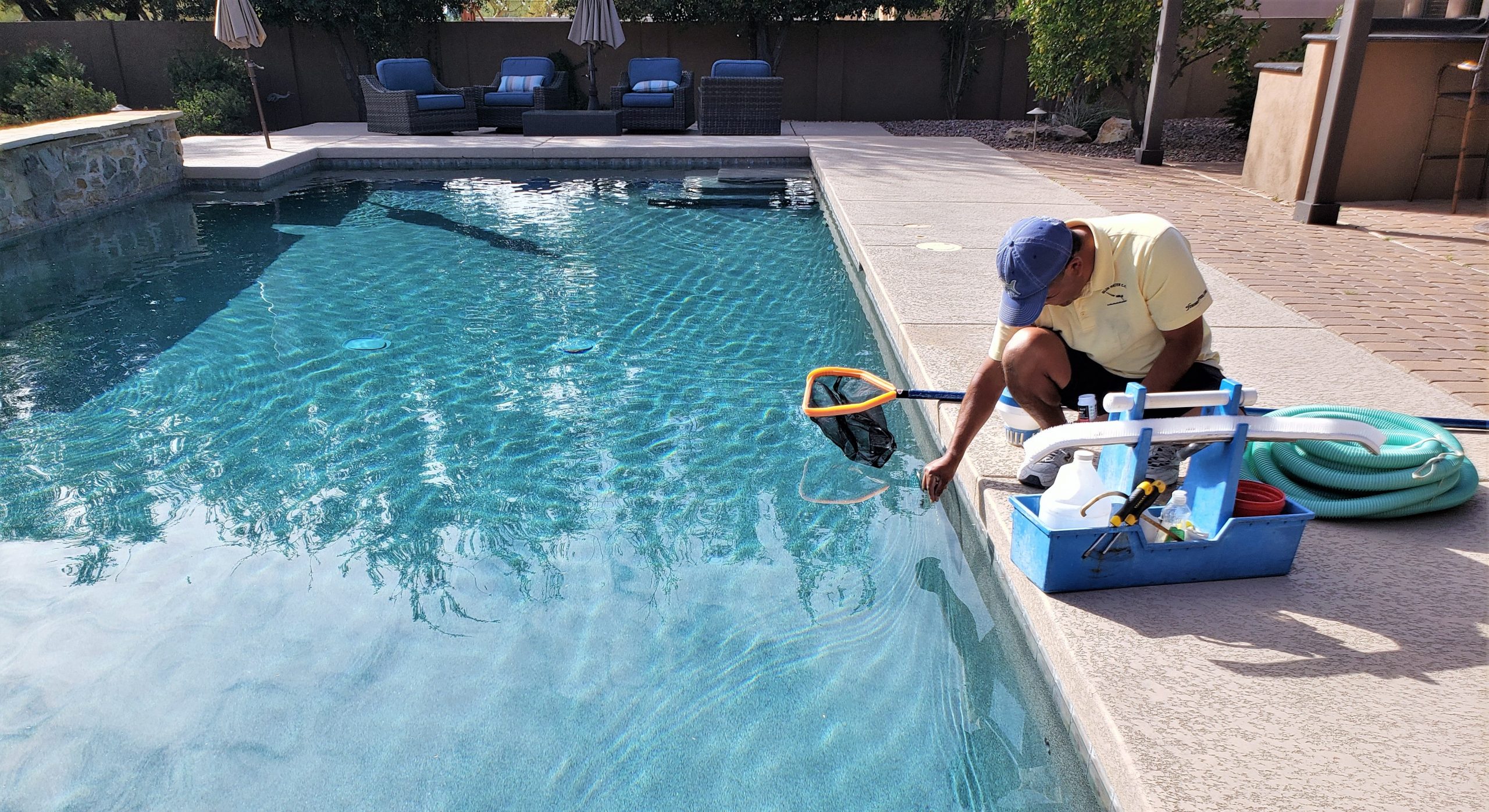
People love to grumble concerning chlorine in pools, frequently as long as they delight in diving right into the tidy water. Chlorine-based substances can transform eyes red, dry skin, as well as produce the familiar as well as poignant swimming pool smell.
In contrast, because of chlorine, we are able to swim in water without any germs, such as E-coli, which can trigger digestive system troubles. Also, disinfectants, like chlorine, pool drivers add other pool chemicals to regulate the alkalinity, pH, as well as hardness of the water.
The chlorine is utilized to sanitize pools is seldom present as elemental chlorine). It’s commonly added as a component of more facility particles, like hydrogen- as well as oxygen-included hypochlorite or nitrogen-, carbon-, as well as oxygen-included isocyanurate. When these things are added to water, they automatically develop hypochlorous acid, which is the sanitizing agent called free chlorine in pool language.
Residential swimming pool owners are more than likely to utilize a kind of chlorine best called tricolor due to the fact that it dissolves gradually, has high chlorine content, and is simple to utilize. Obtaining the focus of the disinfectant is a balancing function. The concentration requires to be enough that a few anti-bacterial is in the water always. However, it likewise requires to be reduced sufficiently to be comfy for swimmers. By adding a stabilizer like cyanuric acid assists in shielding the hypochlorous from deteriorating in the sunshine.
Chlorinated substances aren’t the only options for first-line anti-bacterial. Bromine-containing substances that generate hypobromous acid can be utilized to eliminate the virus. Yet they’re used in Jacuzzis more often than in pool since bromine is more secure than chlorine at the heats used in hot tubs.
More recent pool health systems take extra steps to kill chlorine-resistant microorganisms that can create intestinal tract infections. Some recreational facilities treat Cryptosporidium, a safety coat that makes the germ hard to destroy with chlorine.
Categories
- Addiction Recovery
- Baby Care
- Beauty
- Chiropractor
- Dental
- Diet
- Disability
- Diseases
- Eye Care
- Featured
- Fitness
- Food
- Hair Care
- Halfway house
- Health
- Health Consultant
- Health Drinks
- Medical Equipment
- Medicine
- Mood Disorders
- Nursing
- Orthopedic
- Pain Control
- Pain Management
- Plastic Surgery
- Podiatrist
- Pregnancy care
- Psychiatrist
- Weight Loss
- Wellness
- Yoga

